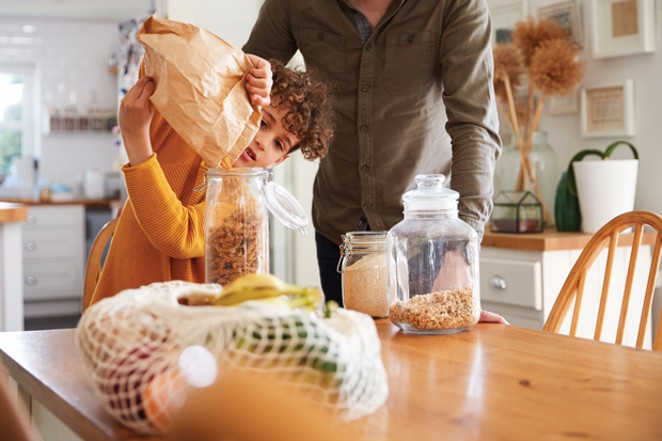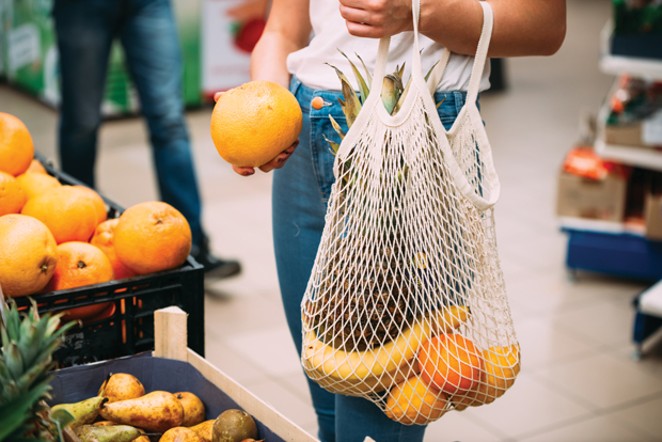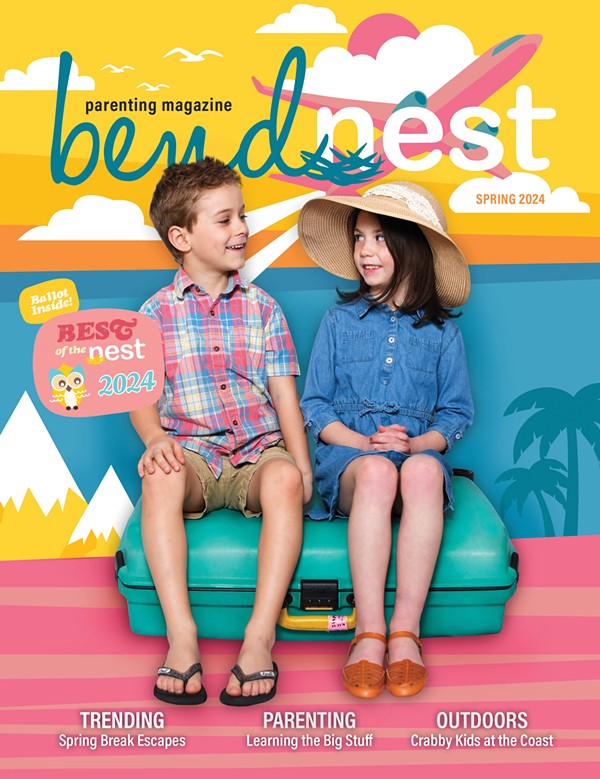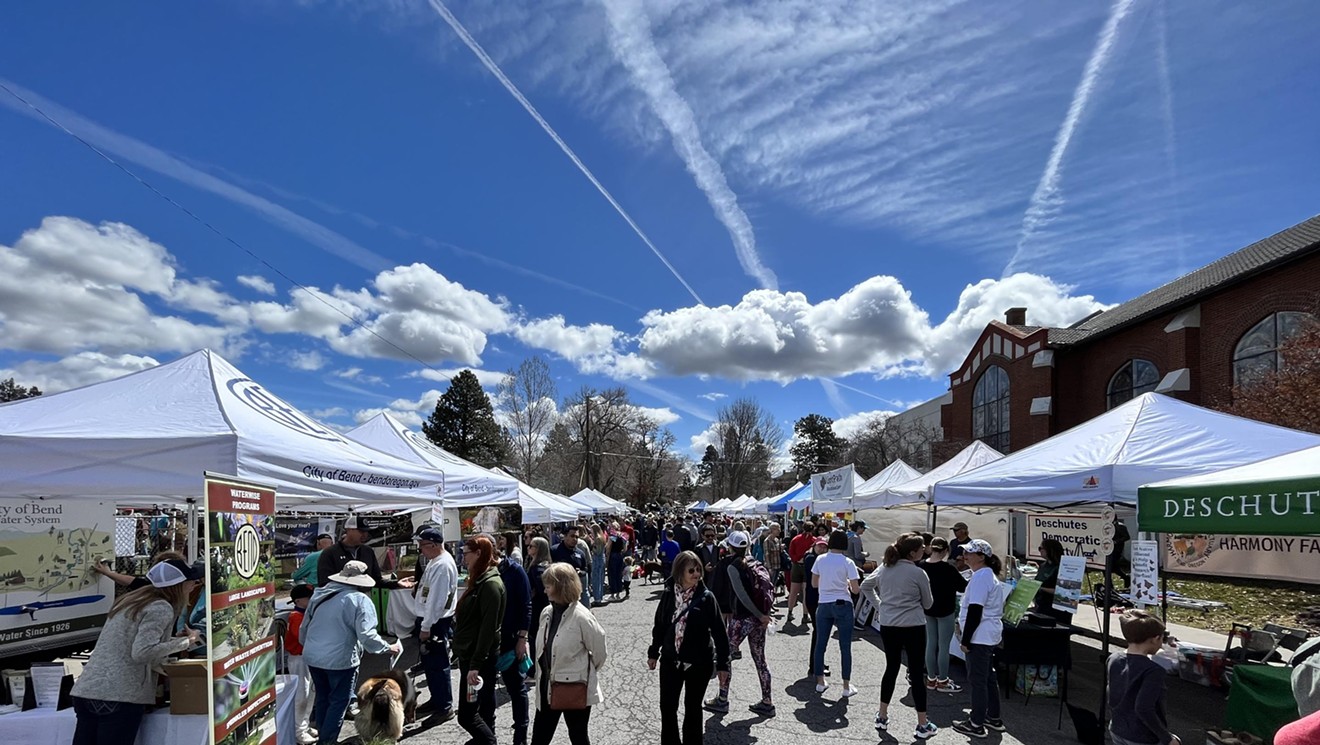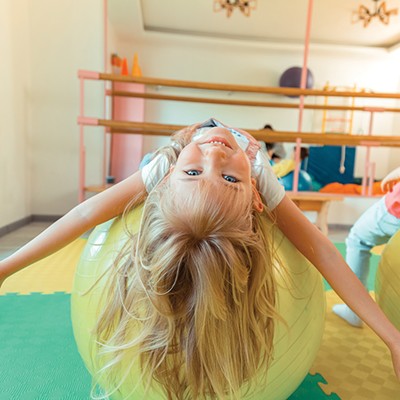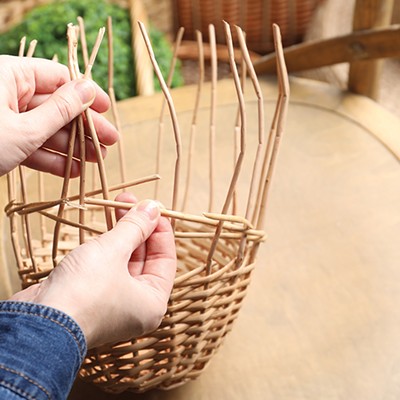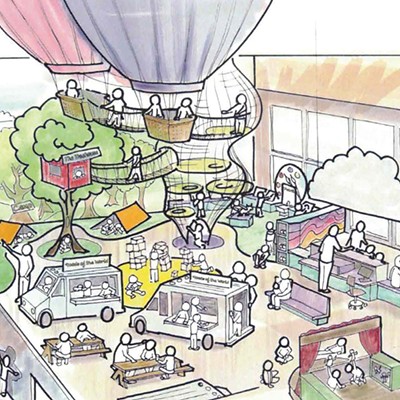ANew York woman named Lauren Singer once managed to fit four years' worth of trash into one 16-ounce mason jar. Although that ecological feat may seem utterly daunting, there are numerous ways to get started on a path to zero waste.
We all know how problematic non-biodegradable trash has become, between the Great Pacific Garbage Patch in the ocean and reports of microplastic particles reaching every corner of the Earth, including the remotest regions of Antarctica, and even in human breast milk.
According to data from the U.S. Environmental Protection Agency, it is estimated that approximately 292.4 million short tons of municipal solid waste is generated every year, which is approximately 4.9 pounds of trash per person per day. Every day we are collectively filling over 63,000 garbage trucks worth of trash. This data is staggering.
On a local level, our only in-county disposal option for waste, Knott Landfill, is projected to fill by 2029, if not sooner due to increasing population growth, according to Ani Kasch, the Rethink Waste Program Manager at the Environmental Center.
"Many people don't know or just don't care how much of an impact waste has on climate change. We think about airplane travel, transportation and pollution, but waste? It isn't commonly discussed," says Kasch. "Did you know that according to Paul Hawken's book, "Drawdown", food waste alone is responsible for 8% of global greenhouse gas emissions? Compare that to 2.5% from airplane travel."
While we can't eradicate the problem overnight, there are many steps we can take to reduce our trash. Here in Bend, there are several organizations, businesses and individuals committed to reducing the trash that ends up in the landfills.
One of the most popular zero-waste initiatives trending here in Central Oregon is "Bring Your Own."
"BYO is not just for beer," says Kasch. "Bring your own to-go container to restaurants, your own silverware to the food cart pods, your own grocery bags to the store."
One of the most significant means of reducing single-use plastic waste is to bring reusable containers (often made of glass, which is nonreactive and easy to sanitize) to local grocery stores to buy shelf-stable pantry goods and personal supply items in bulk, such as grains, beans, nuts, herbs, spices, teas and more.
"Buying things in bulk helps to avoid the excessive packaging. By bringing your own containers to the stores or reusing plastic bags, we can reduce the amount of waste we're bringing into our homes," says Kasch. "Although COVID affected bulk buying in some stores, we have many options in town that are still in operation: Food 4 Less and the new unpackaged store in town, The Pantry, to name a couple. You can buy nearly anything in bulk, you just need to look for it. Medicinal herbs? Check out The People's Apothecary on the south side of Bend. If you live in Redmond, try Cornucopia. Local foods? Locavore!"
On par with the increasing interest in our community in reducing waste, new social media accounts are springing up to tackle the issue, such as @zerowastebend and @zerowastesisters on Instagram and Facebook, as well as non-profit groups like the Circular Economy Club Bend chapter.
Local bloggers like Conscious by Chloe have published comprehensive online resources like, "The Ultimate Zero Waste Guide Bend & Central Oregon," while online businesses like ChrysanthemumHome, based in Sisters, sell reusable flannel coffee sleeves and market tote bags on Etsy.
"Our youth is the future," says Kasch. "My hope is that our community's children become inspired leaders to make change in the waste that is happening around them."
Action Items
1. Think before you buy: Do you need it? If you do need it, try to buy durable before disposable. Can you repair broken items rather than buy new ones?2. Learn about what is and isn't recyclable: Don't be a wishful recycler and throw it all in the curbside cart. Sign up for the Rethink Waste Project monthly newsletter to stay in tune with events and resources about how to waste less and recycle right.
3. Contact Rethink Waste: Schedule a presentation for your community group, club, or workplace. Part of our youth education department focuses on garden education. There are many important issues around waste embedded in gardening: water use, chemical use, building with found materials, etc. During the summer the Environmental Center hosts Happy Hour in the Garden for all ages where you can come lend a hand.
4. Advocate: Speak up when you see preventable waste. Tell your legislators this is important to you.
5. Learn about stuff: Everything you buy comes from SOMEWHERE on this planet. It has upstream and downstream impacts. You throw something away, but "away" is a place.
6. Organize a clean-up: More than anything else, this activity helps bring attention to what becomes litter so we can either buy less of that thing or hold producers accountable for what their packaging is doing to our environment.
7. Sign up for our Rethink Food Waste Challenge: rethinkwasteproject.org/foodwaste

